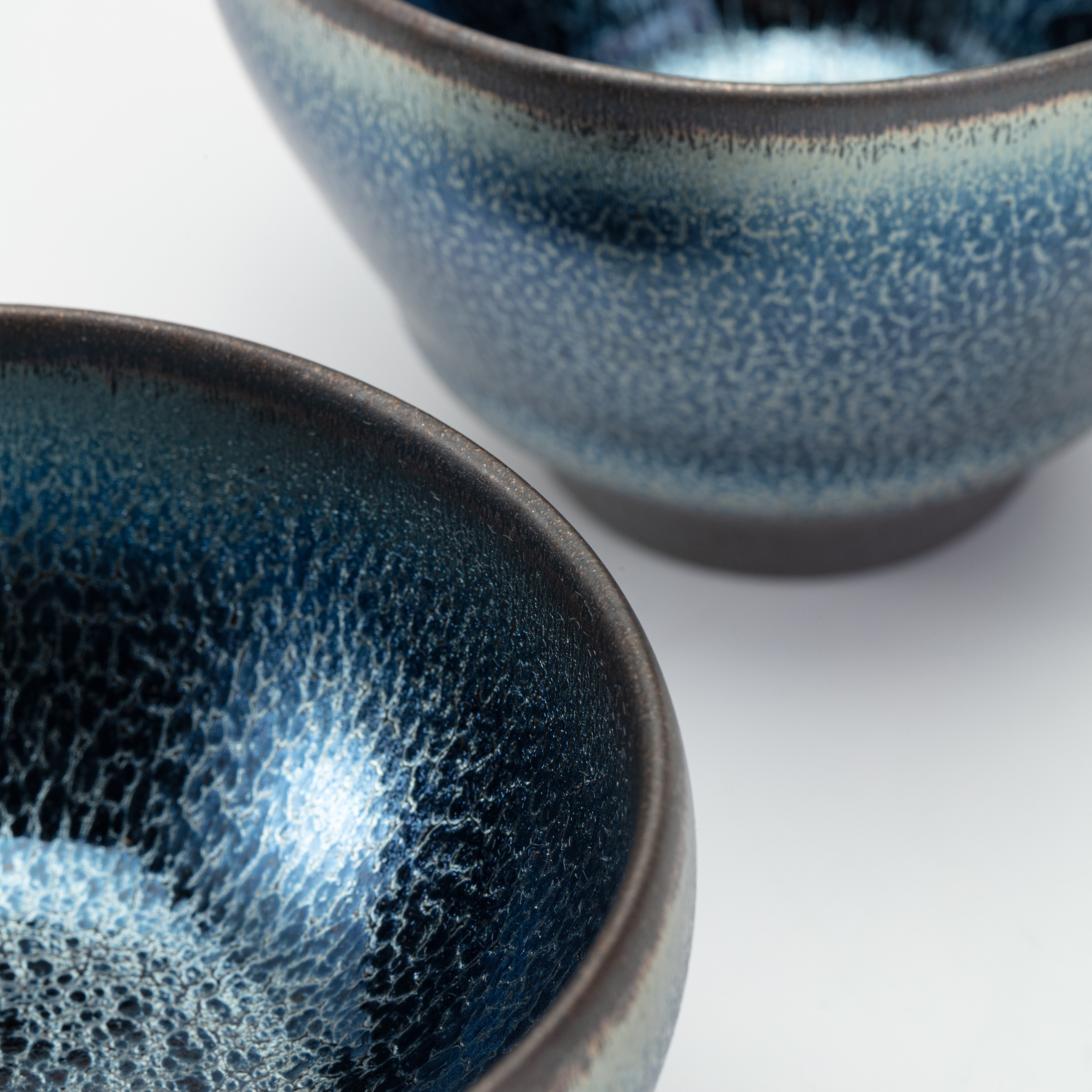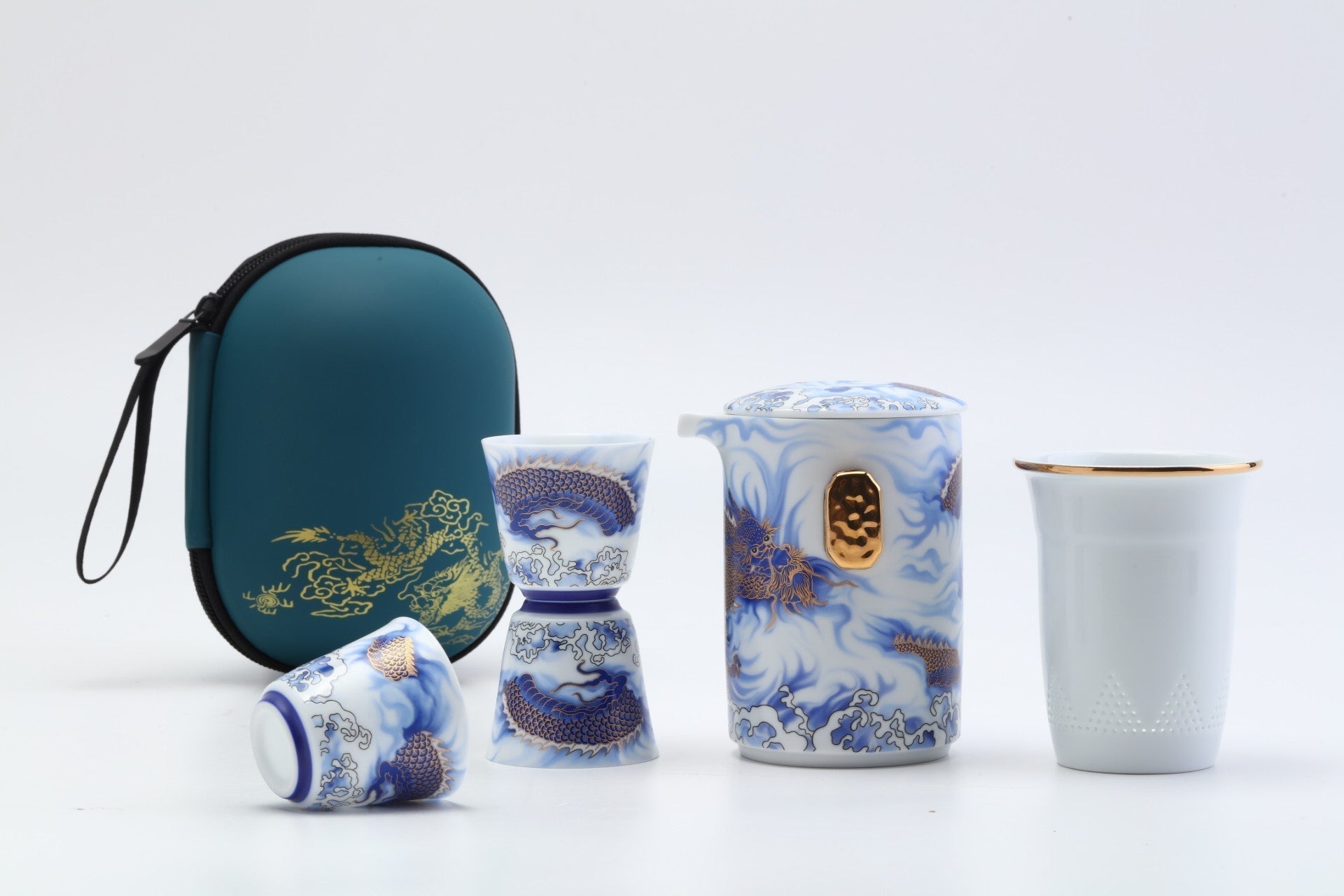
Coffee & Gout: Friend or Foe? What You Need to Know
Coffee & Gout: Friend or Foe?
“Does drinking coffee cause gout?”
It’s a question that puzzles many coffee lovers and health-conscious individuals alike. Moderate coffee consumption has been linked to lower risks of several chronic conditions, including type 2 diabetes and cardiovascular disease, as well as reduced overall mortality [1]. On the other hand, gout—a painful form of arthritis caused by high uric acid levels [2]—makes many wonders if their daily cup is helping or harming their joints.

This isn’t just a scientific question; it’s also a lifestyle consideration. Coffee is more than a beverage—it’s a ritual, a moment of calm in a busy day. At Blissful Reserve, we believe daily rituals should support both well-being and balance. In this article, we’ll explore what the latest research says about coffee and gout, debunk common myths, and provide practical tips to enjoy coffee in a healthier, more mindful way.
Deconstructing Coffee and Gout: From Uric Acid to Daily Habits
Coffee is more than a morning pick-me-up. Its complex composition includes caffeine, chlorogenic acids, and polyphenols, all of which may interact with uric acid metabolism and influence gout risk. Understanding these components can help you make informed choices about your daily coffee ritual.
How Coffee Fits Into Daily Habits
-
Consumption Pattern Matters: Drinking coffee moderately (1–4 cups/day) is usually safe; excessive intake may have short-term uric acid fluctuations.
-
Additives Count: Sugar, flavored syrups, or high-fat creamers can contribute to higher gout risk, independent of coffee itself [6].
-
Lifestyle Context: Hydration, diet, and alcohol consumption interact with coffee to influence uric acid levels. Pairing coffee with a balanced diet and adequate water intake may enhance its potential benefits.
Now that we understand the key compounds in coffee and how daily habits can influence uric acid, let’s examine what the scientific evidence says about whether coffee is a friend or foe for gout.

Coffee and Gout: Friend or Foe? The Scientific Evidence
While the chemical components of coffee may influence uric acid, the real question is how these effects play out in actual human studies. Research provides a nuanced picture.
1. Protective Associations
-
A large prospective study in Arthritis & Rheumatology found that men who consumed 1–3 cups of coffee per day had a significantly lower risk of developing gout compared to non-coffee drinkers [7].
-
A systematic review and meta-analysis published in Rheumatology found that higher coffee consumption is linked to a dose-dependent lower risk of developing gout. [8].
2. Potential Short-Term Risks
-
Some research shows that caffeine may cause temporary spikes in uric acid shortly after consumption. These increases are usually minor and unlikely to trigger a gout flare in most people [9].
-
The short-term effect may vary by individual sensitivity, genetics, and concurrent dietary factors.
3. Individual Variability Matters
-
Genetics: Certain variants affect how the body metabolizes uric acid and caffeine [10].
-
Diet & Lifestyle: Alcohol consumption, high-purine foods, and hydration status can influence whether coffee acts protectively or provocatively [11].
-
Gender Differences: Some studies suggest protective effects are stronger in men than women, though both may benefit from moderate coffee intake [12][13].
Key Insight:
Overall, the bulk of evidence supports moderate coffee consumption as more likely protective than harmful for gout. The short-term increases in uric acid are generally not clinically significant for most healthy adults, but individual responses can differ.
In the next section, we’ll answer common questions that coffee lovers often ask about gout, translating this research into practical guidance.

Frequently Asked Question on Coffee and Gout
1. Does coffee cause gout?
Current research shows that coffee does not cause gout. In fact, a systematic review and meta-analysis published in Rheumatology found a dose-dependent inverse relationship: higher coffee intake was linked to a lower risk of developing gout. Individual responses may vary, but moderate consumption appears safe.
2. Is coffee bad for gout arthritis?
Moderate coffee intake is generally not harmful for gout arthritis. Observational studies suggest that both caffeinated and decaffeinated coffee may reduce serum uric acid levels and lower the risk of gout attacks. High-sugar or excessive coffee may pose some risk, so preparation matters.
3. Is drinking coffee good or bad for gout?
Overall, drinking coffee in moderation can be beneficial. Coffee’s antioxidants and anti-inflammatory compounds may help lower uric acid over time, reducing gout risk. Overconsumption or caffeine sensitivity may cause temporary uric acid spikes, so listen to your body.
4. Can coffee trigger gout attacks?
For most people, coffee alone does not trigger gout attacks. However, caffeine can cause short-term increases in uric acid, which might trigger symptoms in susceptible individuals. Pairing coffee with a balanced diet and proper hydration helps minimize this risk.
Practical Tips for Drinking Coffee with Gout
Enjoying coffee with gout doesn’t have to be complicated. Here are practical tips to help you drink wisely while still savoring your favorite cup:
1. Keep it moderate
Stick to 1–3 cups per day. Studies show that moderate coffee intake is generally safe and may even reduce gout risk.
2. Choose your coffee wisely
Opt for black coffee or lightly sweetened versions. Avoid high-fructose syrups or excessive creamers, which can indirectly increase uric acid levels.
3. Hydrate well
Coffee is mildly diuretic. Pair it with water throughout the day to support uric acid excretion and reduce the risk of flare-ups.
4. Watch your timing
Some people may experience temporary uric acid spikes after caffeine. Avoid consuming large amounts on an empty stomach, especially if you’re prone to attacks.
5. Elevate the experience with the right cup
The way you drink coffee is as important as what you drink. The Famille Rose Floral Coffee Set from Blissful Reserve is designed to turn every cup into a mindful, elegant ritual.

-
Fine porcelain craftsmanship ensures optimal heat retention, allowing you to savor black coffee slowly without the need to add sugar or cream.
-
Lightweight and ergonomic design provides a smooth, comfortable sip that enhances the sensory experience of your daily coffee.
-
Delicate floral patterns with gold accents bring a sense of calm and beauty to your table, transforming ordinary coffee moments into peaceful, balanced rituals.
By choosing the right cup, you don’t just drink coffee—you elevate your daily ritual, supporting both health and well-being.
Blissful Reserve: Elevating the Coffee Experience ☕
Coffee is not just a drink—it's an intentional ritual that brings mindfulness, tranquility, and beauty into your day. At Blissful Reserve, we believe that your everyday objects should enrich the soul as much as they serve the senses. Our collection—rooted in Eastern craftsmanship and modern simplicity—aims to transform daily routines into moments of quiet luxury and thoughtful presence.
By choosing Blissful Reserve, you're inviting more than a coffee cup into your home—you're welcoming a piece crafted with intention, designed to bring calm, elegance, and balance to your daily life.
👉 Explore Blissful Reserve’s Artisan Coffee Cup Collection and discover how every sip can be both nourishing and elegant—because wellness is not just what you drink, but how you drink it.
References
-
-
van Dam RM, Hu FB. Coffee consumption and risk of type 2 diabetes, cardiovascular disease, and all-cause mortality: a review of prospective studies. JAMA. 2005;294(1):97–103.
-
Dalbeth N, Merriman TR, Stamp LK. Gout. Lancet. 2016;388(10055):2039–2052.
-
Choi HK, Atkinson K, Karlson EW, Willett W, Curhan G. Purine-rich foods, dairy and protein intake, and the risk of gout in men. N Engl J Med. 2004;350:1093–1103.
-
Urgert R, Katan MB. The cholesterol-lowering effect of coffee: epidemiology and biochemical mechanism. Annu Rev Nutr. 1997;17:305–328.
-
Gao X, Cassidy A, Schwarzschild MA, Rimm EB, Ascherio A. Habitual intake of dietary flavonoids and risk of Parkinson disease. Neurology. 2012;78:1138–1145.
-
Choi HK, Curhan G. Soft drinks, fructose consumption, and the risk of gout in men: prospective cohort study. BMJ. 2008;336:309–312.
-
Choi HK, Willett W, Curhan G. Coffee consumption and risk of incident gout in men: a prospective study. Arthritis Rheum. 2007;56:2049–2055.
-
Zhang Y, Neogi T, Chen C, Chaisson CE, Hunter DJ, Choi HK. Coffee consumption and risk of gout: a systematic review and meta-analysis. Rheumatology (Oxford). 2023;62(9):3043–3052.
-
Choi HK, Atkinson K, Karlson EW, Willett W, Curhan G. Caffeine intake and risk of incident gout. Arthritis Rheum. 2008;58:917–924.
-
Köttgen A, Albrecht E, Teumer A, et al. Genome-wide association analyses identify 18 new loci associated with serum urate concentrations. Nat Genet. 2013;45:145–154.
-
Stamp LK, Dalbeth N, Frampton CM, Merriman TR. Lifestyle factors and the risk of gout: a systematic review. Arthritis Res Ther. 2013;15: R122.
-
Zhang Y, Neogi T, Chen C, et al. Gender differences in the association between coffee consumption and gout risk. Arthritis Care Res (Hoboken). 2020;72:120–128.
-
Choi HK, Curhan G. Independent impact of gout on mortality and cardiovascular disease: gender-specific analyses. Ann Rheum Dis. 2007;66:1232–1237.
-





